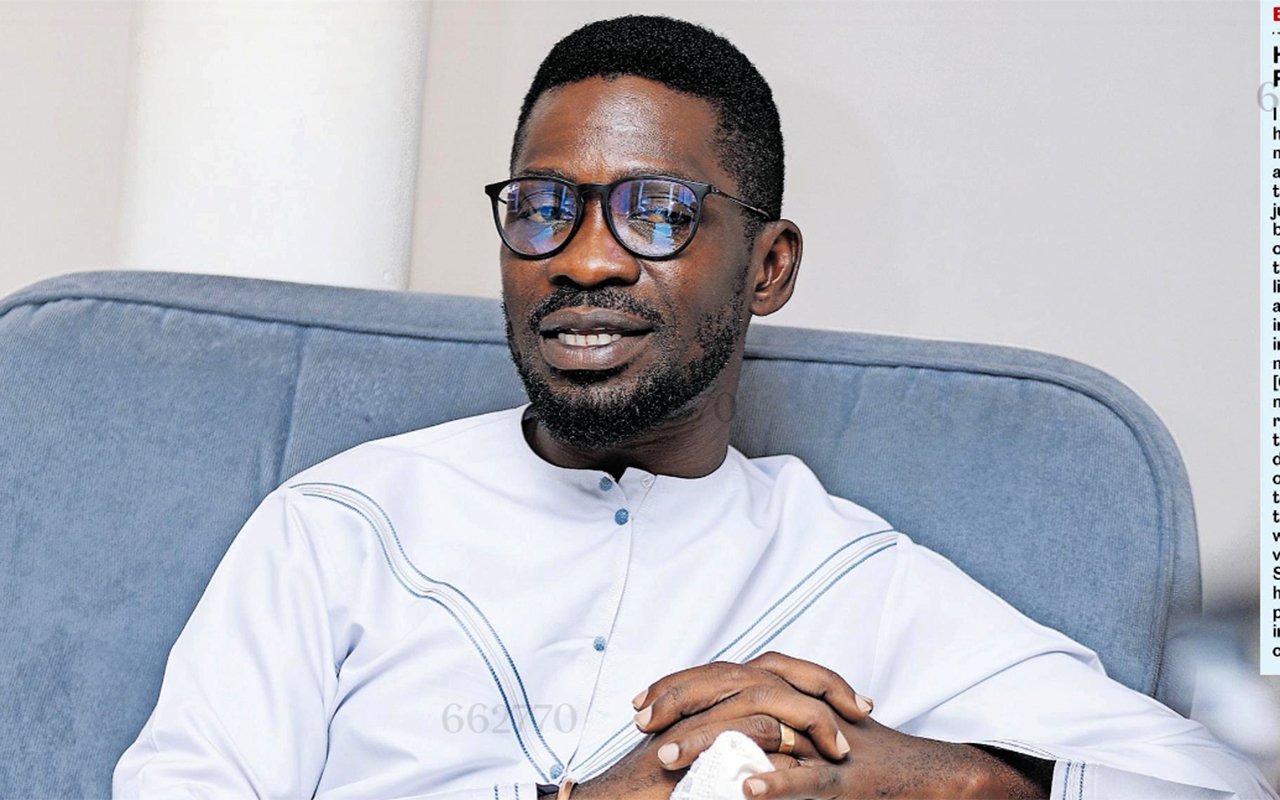Bring back skills and values-based education

Primary Seven candidates of Budo Junior School write their Mathematics exam on November 5, 2018. PHOTO/FILE
What you need to know:
- The issue: Education
- Our view: The move towards competency-based assessment under the revised O-level curriculum is a good first step but more needs to be done to ensure student talent and life skills are not drowning under the demand to produce top academic grades.
One of the first steps taken by missionary societies when they set foot in Uganda in the late 1800s, was to lay a foundation for the establishment of quality education.
For their efforts, we have many prominent schools set up at the start of the 20th century. The products of some of these schools speak for themselves as the legacy of values-driven education offered in the religious-founded institutions.
One of the ideals the missionaries embraced was the notion of holistic education that addresses all aspects of a child’s development, not just the intellectual. Examples abound of schools known for their sporting prowess or for producing well-rounded students who excel in music, drama, self-expression and many other abilities.
Contrary to the growing trend today where the academic takes centre stage, back then schools encouraged extracurricular activities and made room for individual expression.
At independence, the Ministry of Education issued a standardized national curriculum outlining the content to be taught in public schools. Despite this, some disciplines such as music remain underdeveloped.
According to academic research done by Dominic Kitavujja on the State of Music Education in Uganda (2022), fewer students offer music because, among other things, it is underfunded and perceived by society as a path to failure.
It was in such an environment that a school like Namasagali College with a Catholic clergyman at the helm, championed a revolutionary movement to put music, dance and drama in a place of pride within the education system like never before.
First established in 1965, as Kamuli College, located in Kamuli, Namasagali College was later relocated to what had been the facilities of a railway harbor. The school was a joint venture between the Busoga Kingdom and the Mill Hill Fathers of the Roman Catholic Church. Fr Damian Grimes, now deceased, was its second head teacher for 33 years, starting in 1967.
It is only right and fitting that Fr Grimes is being recognised by the Uganda National Cultural Centre with full honours for his work in promoting the arts.
This type of leadership, with school administrators who champion the right values and stand their ground, is a dying art, which should be protected.
The move towards competency-based assessment under the revised O-Level curriculum is a good first step but more needs to be done to ensure student talent and life skills are not drowning under the demand to produce top academic grades.



